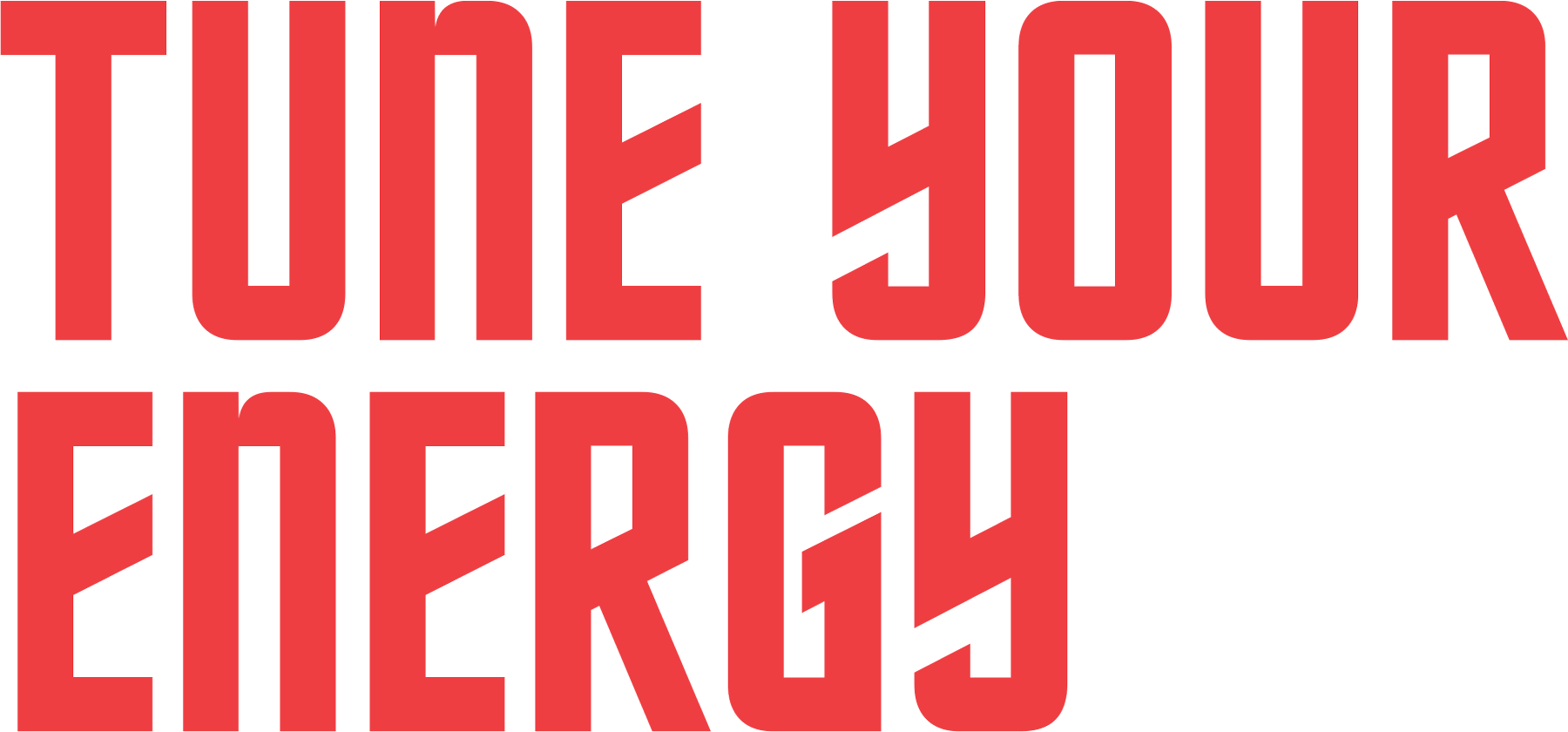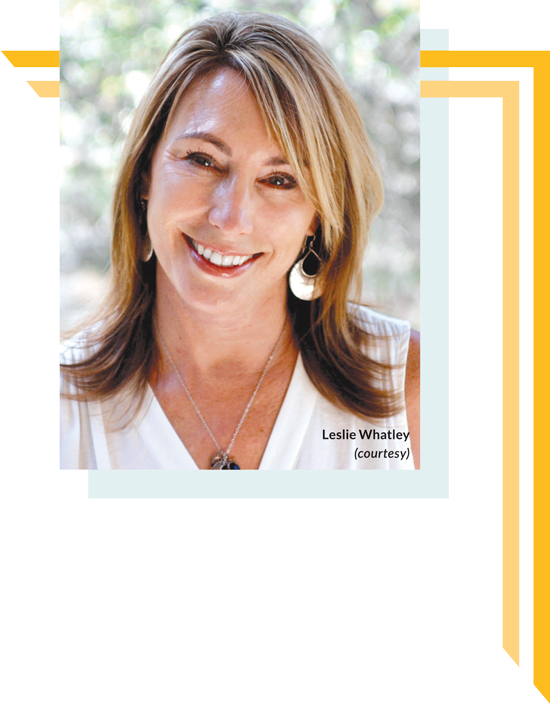



t’s happened to us all: a bevy of things gone wrong have left us frustrated, upset, and feeling a little out of control when one more minor thing happens and we angrily snap instead of responding to the situation with composure and grace.
It’s not fun when it happens, and the feeling afterwards isn’t great either. Done repeatedly, such snap reactions put employees and coworkers on edge, wondering when it might happen again. It doesn’t promote the kind of work environment most of us envision when we think about ideal workplaces.
But what if we could recognize the trajectory our emotions are on and take a moment to check in with ourselves before snapping? What if we could see a colleague or employee going through the same frustrated feelings and help them to pause and pivot before they snap?
Leslie Whatley, owner of People and Change Consulting, LLC, will be presenting a management symposium at the Associated General Contractors, or AGC, of Alaska annual conference November 9 through 12 at the Hotel Captain Cook in Anchorage. Helping people become more aware of their emotions and energy is part of what she plans to talk about.
“I’ll be focusing on looking at the role of emotions and energy in how we lead; our state of mind and how it affects how we show up and engage; and how we lead in our organizations,” she says.
In February, Whatley spoke at an AGC event which AGC of Alaska President Sarah Lefebvre and Executive Director Alicia Amberg attended. The pair were impressed by her presentation and knew immediately they wanted to invite her to speak to Alaska members.
As Lefebvre recalls, participants in the room sat in a crossed-arms stance, leaning away from Whatley, who was speaking in the middle of the room. As Whatley spoke, the audience shifted, suddenly leaning inward and being part of the discussion.
“She has a very engaging personality,” Lefebvre says. “It was very powerful and impactful—and very different.”
Understanding how to shift to a more positive attitude is not just important to maintaining good working relationships; it also means higher-performing workplaces.
“[Industry leaders] all want results; they want to build high-performing organizations and yet, with the challenges we face as an industry, we don’t always know how to keep people aligned and intentional versus reactive,” Whatley says. “I believe understanding the role our emotions play is key to this important shift. Our work as leaders is to understand how to identify, access, and leverage our emotions so our teams and organizations are more intentional, innovative, and effective.”
Whatley says she will offer concrete ways of working with emotions, shifting people and teams from reacting to situations to being intentional about desired outcomes—ultimately increasing productivity and impact. Attending, she says, pays off.
